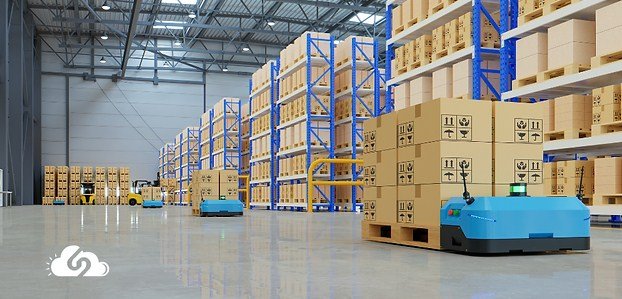Manufacturing is one of the most important sectors of the economy, as it produces the goods that we use every day. However, the manufacturing industry also faces many challenges, such as labor shortages, inflation, supply chain disruptions, and environmental regulations. To overcome these challenges and boost efficiency, manufacturers need to rely on technology and rethink their processes.
Technology Solutions For Manufacturing Challenges
One of the main challenges that manufacturers face is finding and retaining skilled workers. According to a report by Deloitte and The Manufacturing Institute, there will be an estimated 2.1 million unfilled manufacturing jobs by 2030 in the US alone. This is due to factors such as an aging workforce, a skills gap, and a negative perception of manufacturing careers among younger generations.
To address this challenge, manufacturers can leverage technology solutions such as human capital management (HCM) systems, which can help them attract, develop, and retain talent. HCM systems can help manufacturers identify the skills and competencies that they need, streamline the recruitment and hiring process, provide training and development opportunities, and manage employee performance and engagement.
Another challenge that manufacturers face is rising inflation and raw material costs. The pandemic has caused supply chain disruptions and increased demand for certain products, leading to higher prices for inputs such as steel, copper, plastics, and semiconductors. This has eroded the profit margins of many manufacturers and forced them to raise their prices or cut costs.
To cope with this challenge, manufacturers can use technology solutions such as warehouse management systems (WMS), which can help them optimize their inventory management and reduce waste. WMS systems can help manufacturers track and manage their stock levels, automate their picking, packing, and shipping processes, and improve their forecasting and replenishment capabilities.
Technology Solutions For Manufacturing Efficiency
In addition to solving the challenges that manufacturers face, technology can also help them improve their efficiency and productivity. One of the ways that technology can do this is by enabling predictive maintenance, which is the use of sensor data and artificial intelligence (AI) to detect failure patterns in machinery and components before they cause breakdowns. Predictive maintenance can help manufacturers reduce downtime, extend equipment life span, lower maintenance costs, and improve product quality.
Another way that technology can help manufacturers enhance their efficiency is by facilitating digital transformation, which is the integration of digital technologies into all aspects of business operations. Digital transformation can help manufacturers streamline their workflows, automate their tasks, enhance their collaboration, and increase their agility and innovation. Some examples of digital technologies that can enable digital transformation are cloud computing, big data analytics, robotics, additive manufacturing (3D printing), augmented reality (AR), virtual reality (VR), and blockchain.
Technology Solutions For Manufacturing Sustainability
Finally, technology can also help manufacturers achieve sustainability goals, which are becoming more important in the face of environmental regulations and consumer expectations. Technology can help manufacturers reduce their environmental impact by improving their energy efficiency, reducing their emissions, minimizing their waste generation, and increasing their use of renewable resources.
Some examples of technology solutions that can help manufacturers become more sustainable are smart grids, which can optimize energy consumption and generation; carbon capture and storage (CCS), which can capture and store carbon dioxide emissions; circular economy models, which can reuse and recycle materials; and biotechnology, which can create new materials from biological sources.
Technology is a key enabler for manufacturing success in the 21st century. By relying on technology solutions and rethinking their processes, manufacturers can overcome the challenges that they face, boost their efficiency and productivity, and achieve their sustainability goals.

